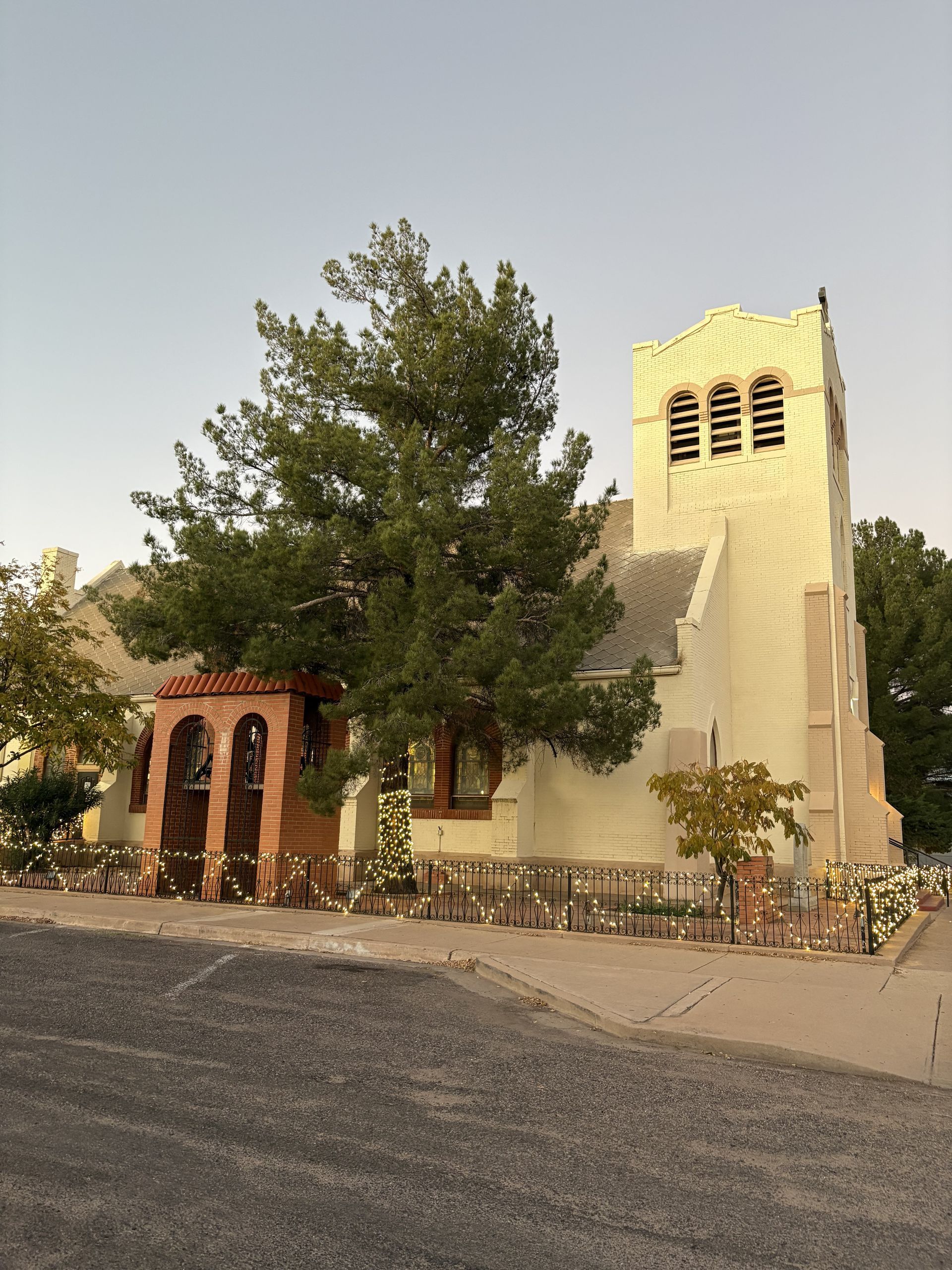The dramatic encounter between Jesus and the Canaanite woman demonstrates the power of sincere, persistent and praying faith. After performing series of miracles, Jesus headed to the region of Tyre and Sidon, modern-day Lebanon, a Gentile territory, to have some downtime, necessary in any form of ministry. He decided to have a quiet time off outside his domain where no one was supposed to know him. Now comes a pagan woman whose daughter is gravely ill and desperately cries out, "Have pity on me, Lord, Son of David! My daughter is tormented by a demon."
Considering her background, she was the most unlikely person to be entertained. The sudden initial responses were discouraging and disappointing because of the silence of Jesus and his remarks on the exclusivity of his mission that he was sent only to the lost sheep of Israel (for my people), and the disciples’ attempt to caste her away. In a way, it's true if, we for a moment, will draw our attention to the opening verse of the evangelist, The gospel of Jesus Christ, son of David, son of Abraham denoting priority of one people over others. I don’t want to sound like I can read the mind of God but the human factor of persistence, humility, and trust played a significant factor in the granting of her desperate plea for help.
Her request was declined three times but she remained unaffected by the harsh words. Perhaps, even if she felt offended, she didn’t mind for as long as her daughter was healed. Her passion, courage, and determination was topnotched. Woman came to him because of her belief in Jesus’ power over demons and reliance on that power.
This fascinating and controversial story is central to the embodiment of the Matthean community. Her plea became the center of the story. Her identity is vital to the message in the struggle of the Matthean community. This outsider, gentile became a model of praying faith. The co-existence between Jews and Gentiles, groups of people, belonging in the same community was a hot button issue. The animosity between the two groups, a major struggle of the community formed and shaped the community. I tell you, sometimes, conflict and suffering can be opportunities for transformation, renewal and healing.
God healed the Canaanite woman’s demon-possessed daughter because of her loyalty to the name of God along with her persistence and humility. Describing her as a Canaanite woman puts emphasis on her cultural and religious background as a pagan, stranger, unbeliever. It appears that as an outsider she isn’t going to get her request granted and yet, her sincerity, persistence, tenacity and humility, made all the difference in the world. She became the center of the story.
In praising her, Jesus shows the value of persistence, determination, humility and trust. If you’re asking a favor, but especially if it’s a divine favor, these are the indispensable qualities. Her response was worth mentioning, imitating and extremely touching, even the dogs eat the scraps (take the bread from the table) that fall from the master’s table and not wait for it to fall on the floor. She’s ready to do whatever it takes for the healing of her daughter. She knew the name of God, have pity on me, Lord, Son of God! along with, Lord, save me. Faith is knowing personally the name of God.
When we pray, when we ask for something for healing and recovery, peace and reconciliation in the family, for success in our endeavors and plans, for job growth, for anything. Jesus’ silence may have been part of God’s testing. The woman demonstrates two qualities of prayer: come to God humbly and sincerely and be persistent and determined. This entire episode emphasizes two things: the faith of the woman and how vital her faith for the healing of the daughter.
After all the drama, the woman stays and pleads, Lord, help me! This profound act of humility changed the tone of the conversation. In an unexpected turn of event, Jesus said, "O woman great is your faith! Let it be done for you as you wish." From that time on, because of her unwavering faith, her daughter is granted healing.
We come to the church to adore God in praise and thanksgiving for the many undeserved blessings we have received. The Canaanite woman has modeled the power of persistent prayer and of praying faith. This pagan woman, known as a believer of false gods, has exemplified how prayer requests must be done. If you're asking for something, you have to be sincere and persistent. She remains unconvinced that her background is an obstacle to come to Jesus. Prayer isn't simply a ritual that needs to be followed from beginning to end. It involves sincerity, persistence and a strong belief that Jesus is Lord. We are at different levels of spirituality and prayer life. Some of us pray by going through the motions. Others pray because they are asked to do so. In these troubled times, our prayer has gone deeper just like the Canaanite Woman. It’s no longer just about the recitation of formula prayers for the sake of doing it. It has become very personal. We own it. We pay close attention to the words including the layers of meaning behind them. Amen.



